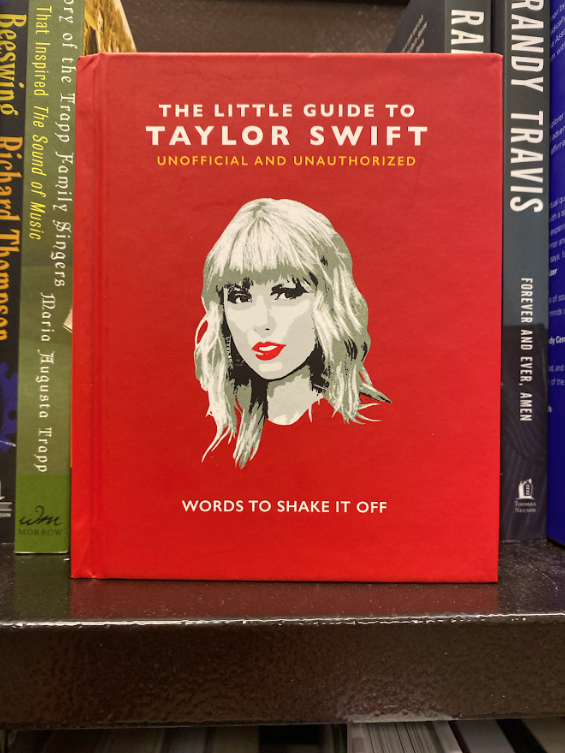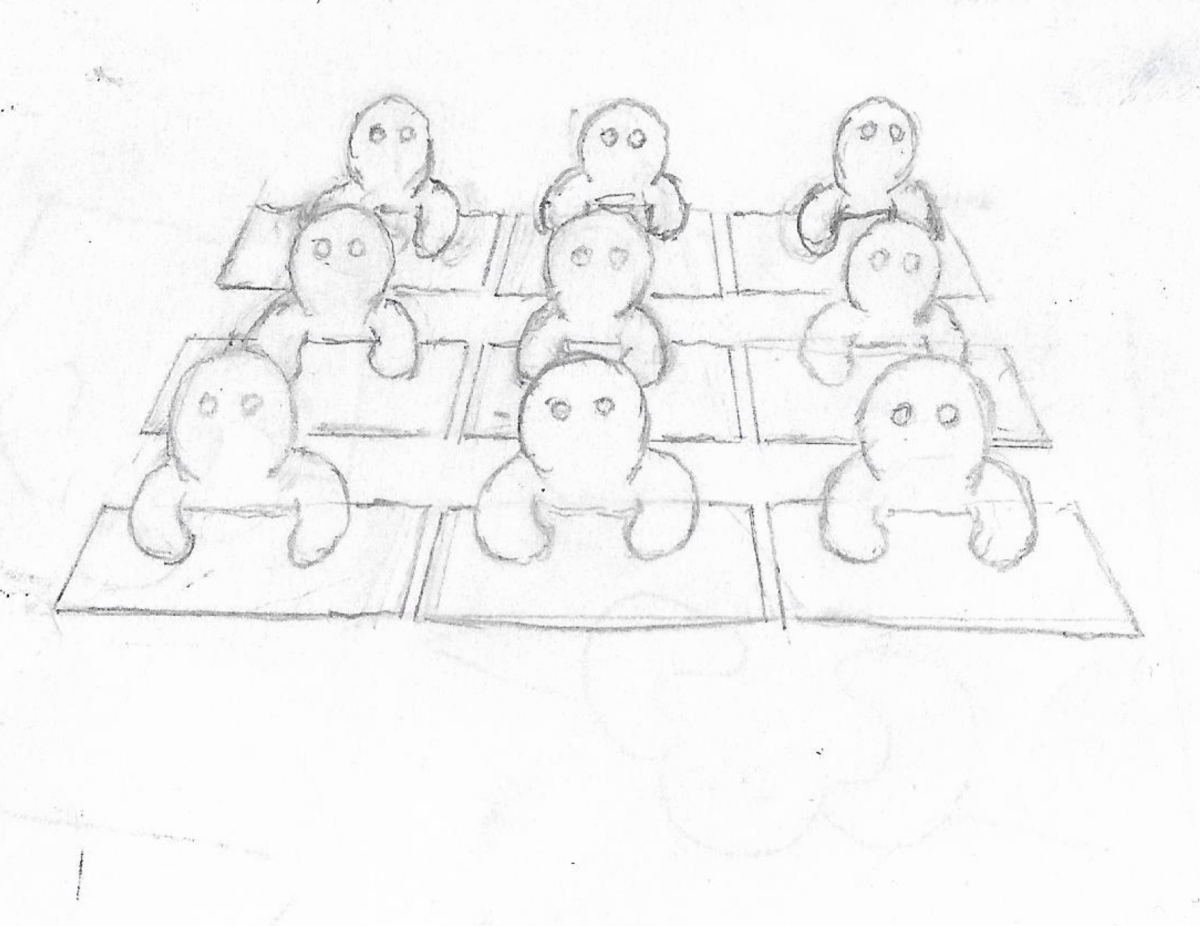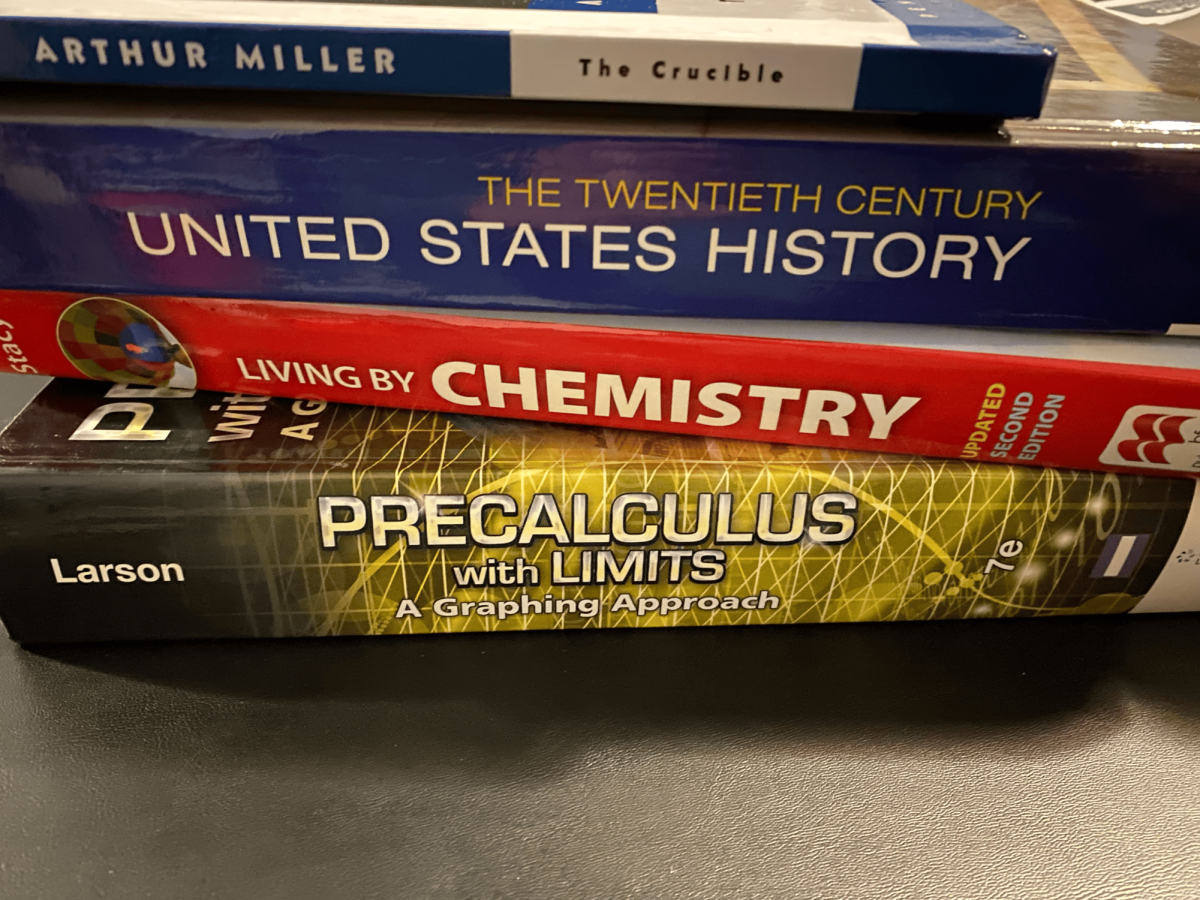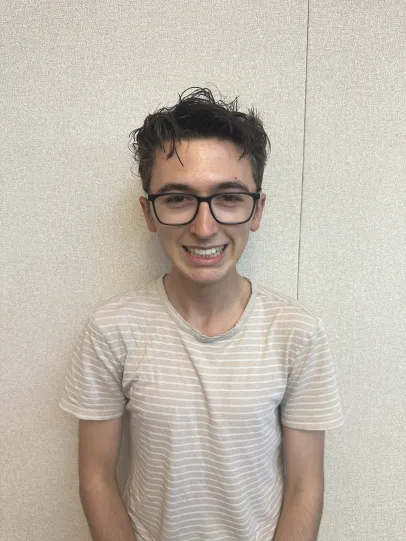Last month, California governor Gavin Newsom signed Assembly Bill 873 into law, which requires California schools to add media literacy instruction to existing K-12 curricula. Introduced in February of this year, the bill aims to address children’s growing exposure to misinformation online in an age when social media is becoming increasingly integrated into youth’s everyday life. The additions are to take effect starting January 1 of next year, when K-12 curriculum revisions begin and are subsequently submitted to the state Board of Education for approval.
Among the skills the bill seeks to foster in youth are critical thinking, media discernment, and, most importantly, recognition of fake news. However, rather than adopting separate media literacy classes in addition to existing courses, California schools will instead add media literacy elements into existing curriculum frameworks for English, science, math, and history and social studies courses. The aim of this model is to bring about critical engagement with media in a more natural, ingrained way as students from Kindergarten become accustomed to media training in all subjects.
“I think it’s a great idea,” an anonymous Dublin High junior says. “One of the biggest problems in modern society, especially with the rise of social media, is false information being spread, so I think instruction in school on how to spot and avoid it would be really good.”
However, controversy has arisen over whether it is appropriate or even effective for children as young as kindergarteners to be undergoing media literacy training.
“I’m kind of torn,” this same junior shares, “because on one hand children of that age are the most susceptible to false information, and with the rising of tech it’s becoming more common for them to be exposed to that info. But also the reason they are so susceptible is because they aren’t developed enough at that age to tell the difference between truth and lies, so I don’t know if [the media literacy program] would really help.”
Moreover, the new measure seeks to correct young adults’ growing disinclination for more credible national media and gravitation to social media for information. Notably, according to a Pew Research Center survey published this month, about a third—32%—of Americans ages 18 to 29 years report they regularly get their news from TikTok compared with 7% of those in 2020–a statistic that overwhelms the 15% of Americans 30 to 49, 7% 50 to 64, and 3% 65 and older who report taking to the app for information in 2023. Additionally, a 2022 Pew Research survey found that adults under 30-years-old trust information on social media as much as that presented on national media outlets, with trust in national media among this demographic at its lowest ever. Overall, considering the misinformation pervasive on social media platforms and new generations’ increasing use of social media, these findings represent a threat to youth’s access to truth and accurate information—a trend the new bill seeks to address.
“I mean, take the COVID vaccine,” the junior further shares. “So many people refused to get it because of misinformation about side effects, government tracking and more.”
In this way, the spread of misinformation online has implications for our present world, heightening the need for training to better navigate media. Indeed, when conspiracy theories—such as those related to the COVID-19 vaccine—are popularized through social media platforms such as TikTok, it leads to measurable harm in the real world. By equipping students to more adequately engage with the information they find online, K-12 schools will ensure students are no longer vulnerable not only to passing mistruths but the lies that threaten our world today.

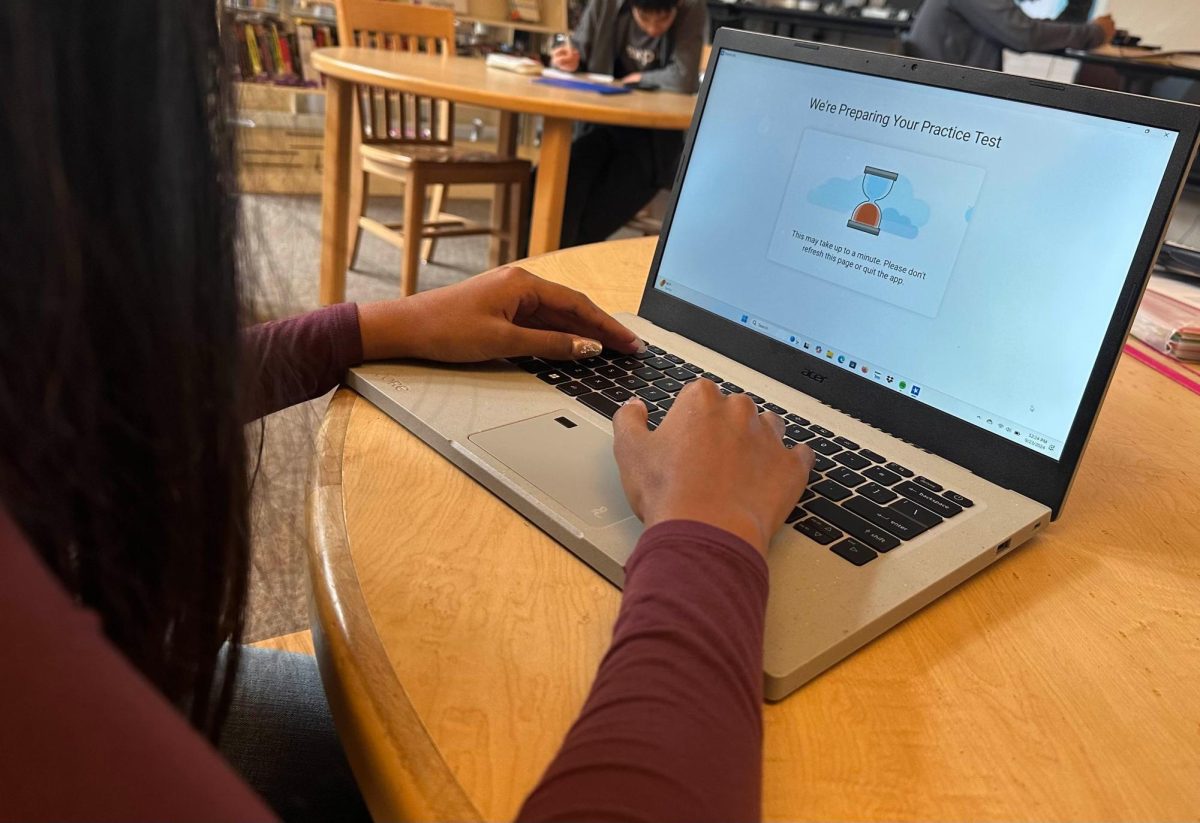
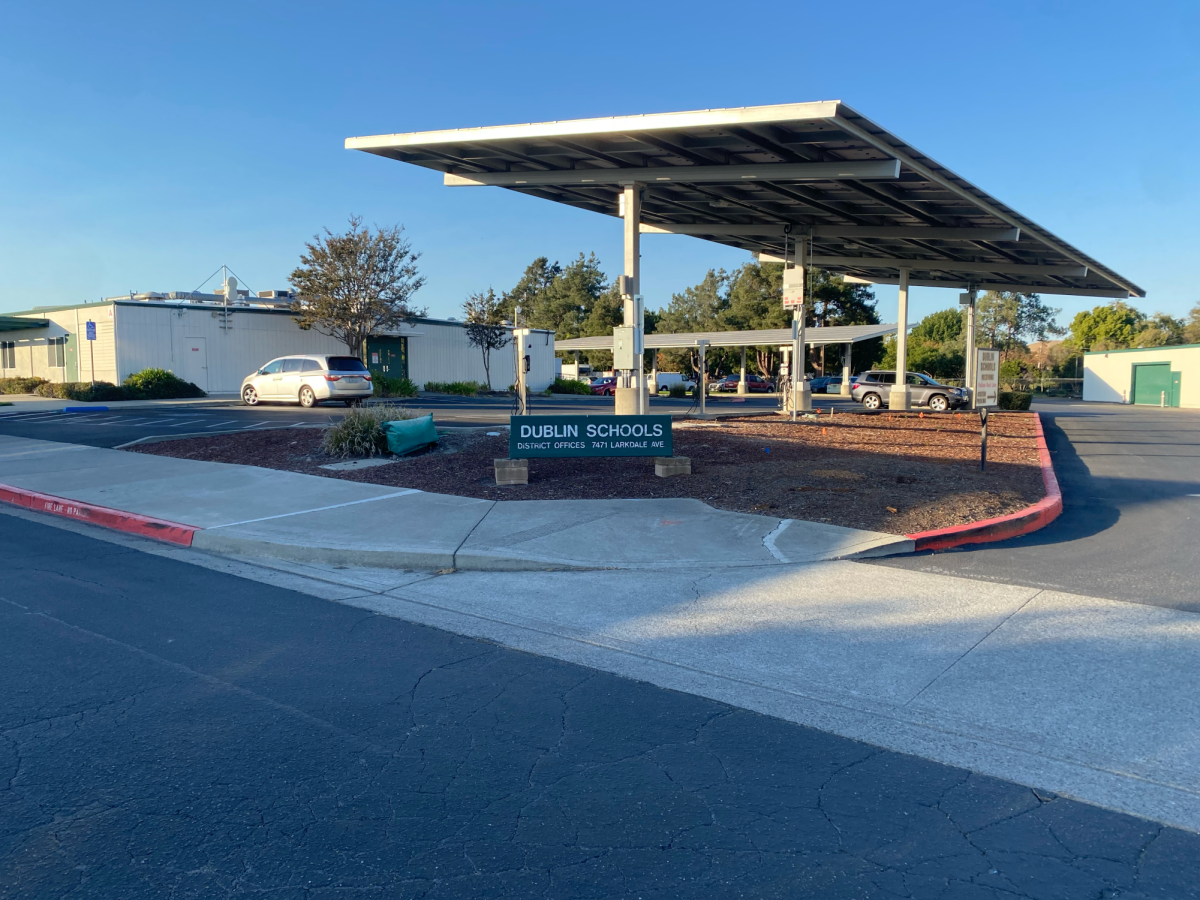


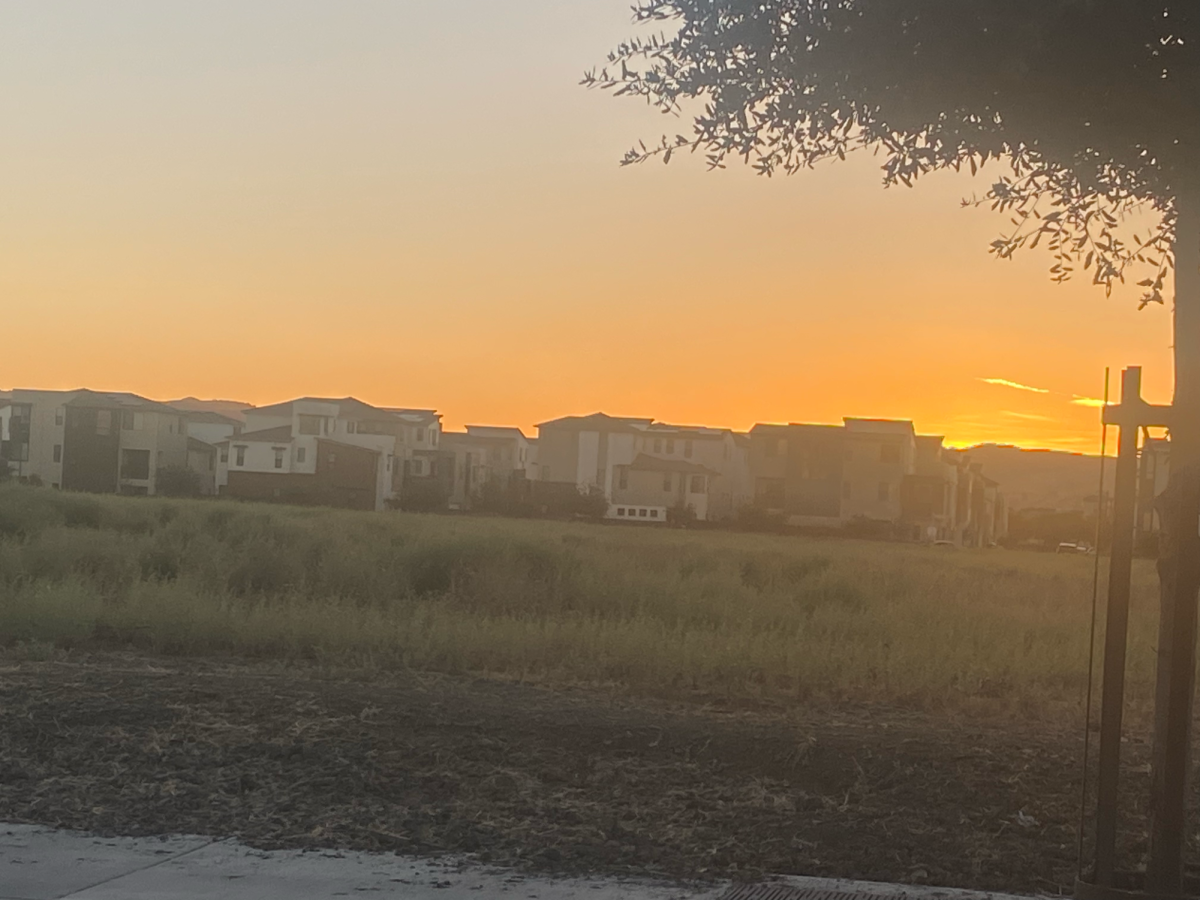

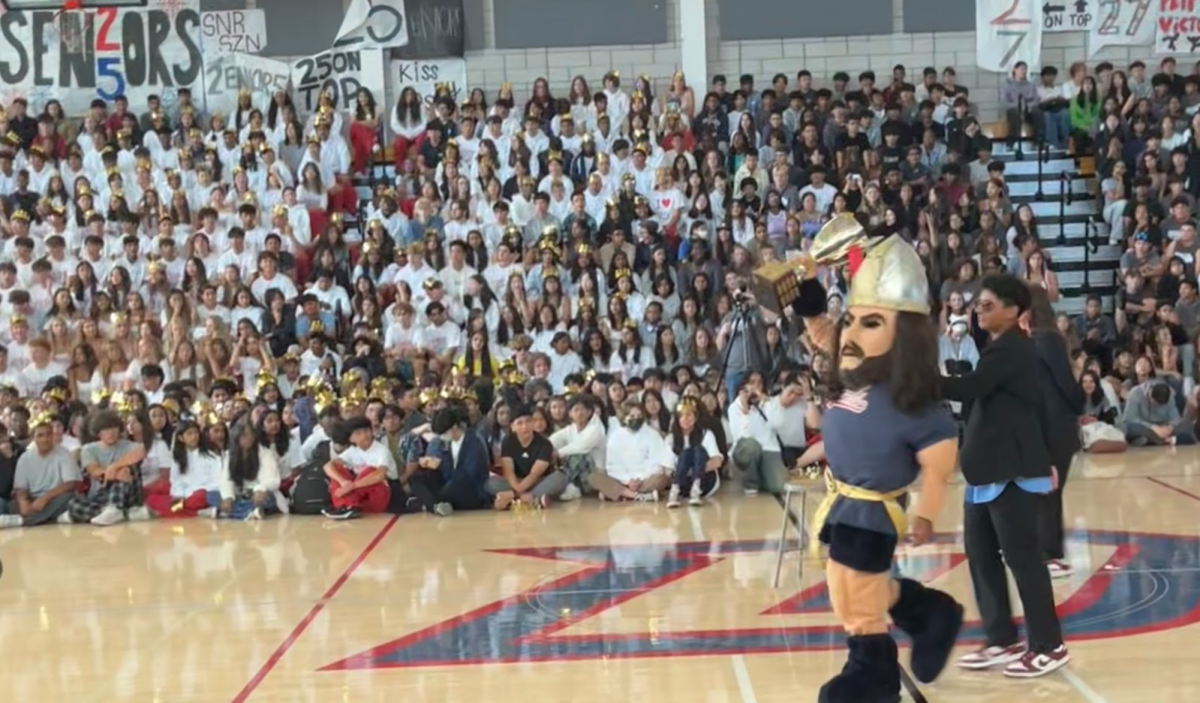
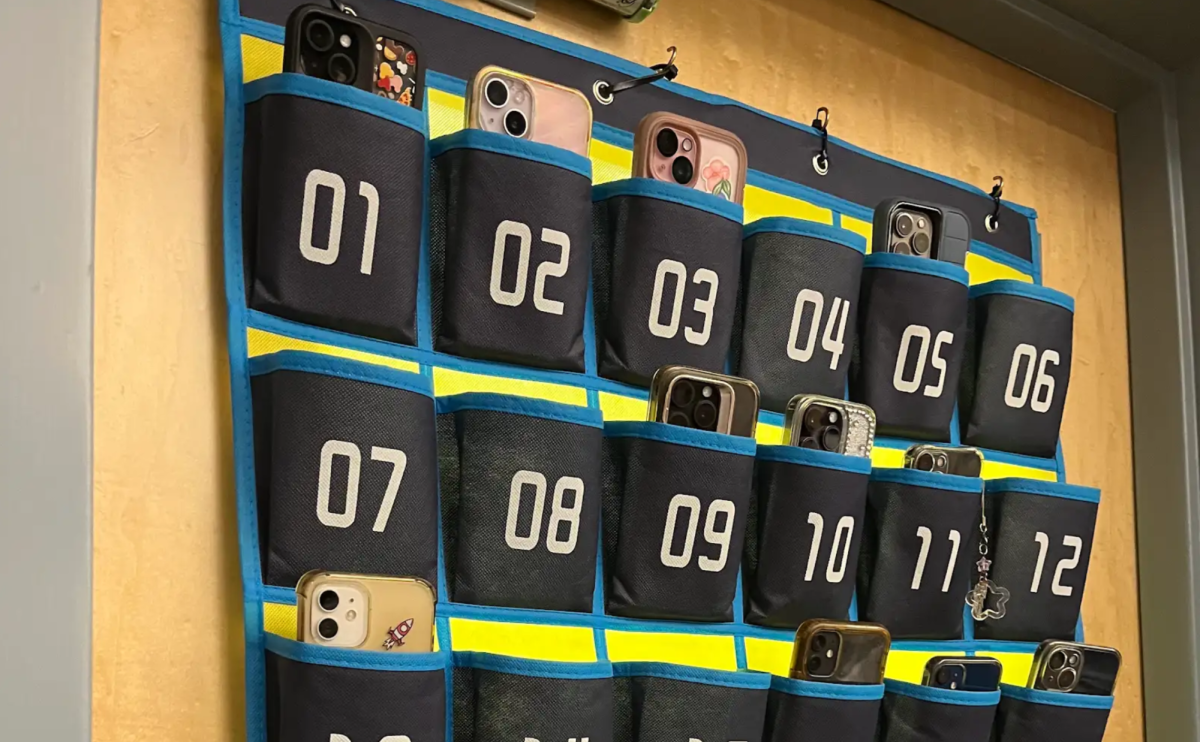


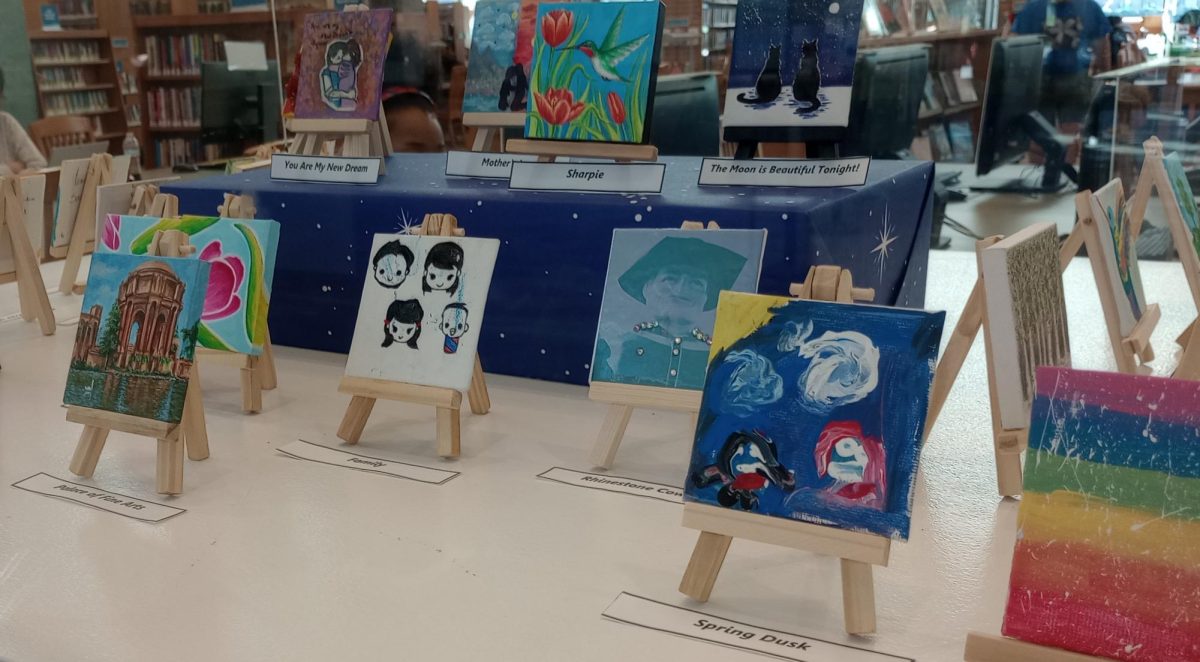
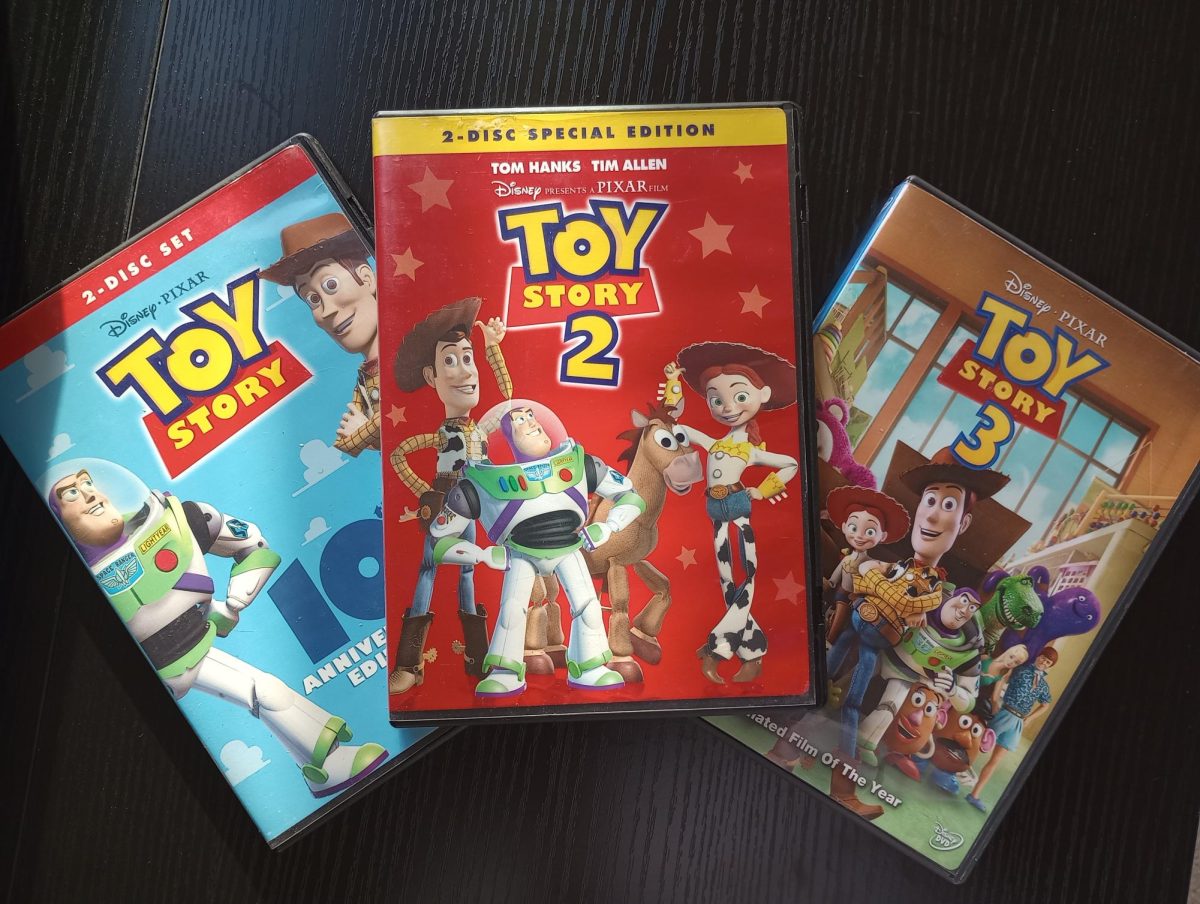
![[Book Review] Weapons of Math Destruction: The insidious danger of Big Data](https://thedublinshield.com/wp-content/uploads/2024/06/wmdsarticle-727x1200.jpg)
